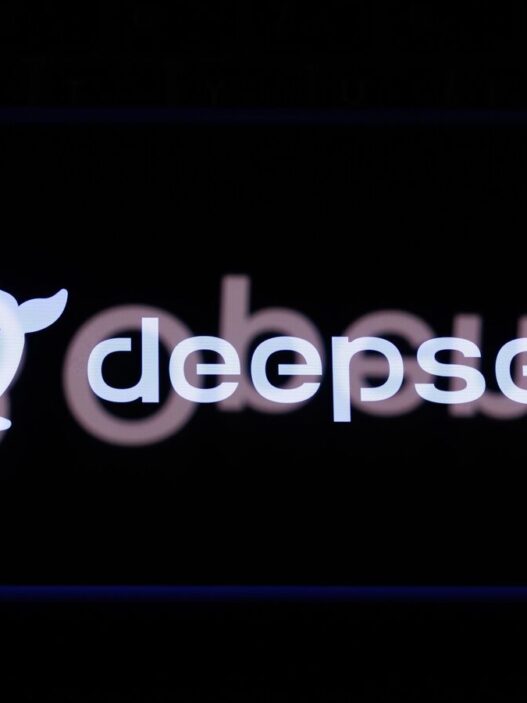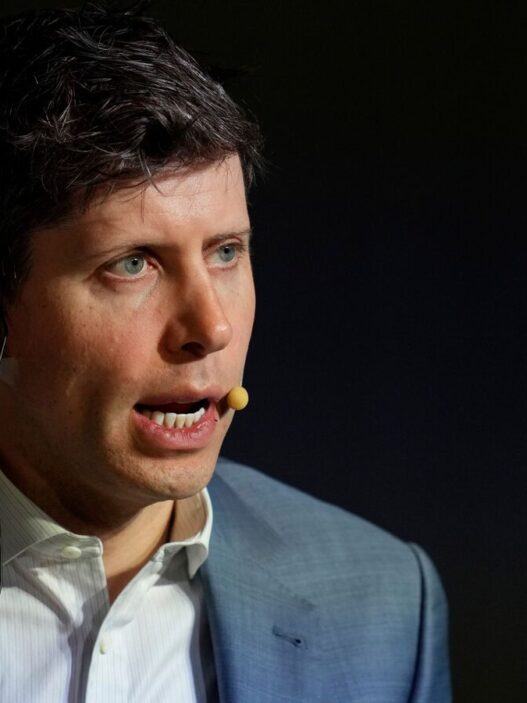Take Simran Malhotra, a travel and fitness influencer with 656,000 followers on her Instagram handle @malhotra_simran. In two reels last month, she gave a detailed account of how she was approached by a fraudster who pretended to be an influencer marketing agent representing apparel brand Blissclub and skincare brand Skincraft.
He asked her to share her personal details and give access to her Google photos account, with pictures of her body parts, including intimate areas, for online consultation and personalization of products. She also spoke about how she tackled the situation by involving the authorities.
“There are no regulations on brand collaborations, hence, individuals claim to be freelance influencer managers and reach out with these offers. There is never a way to confirm whether they are legit or not,” Malhotra told Mint.
Queries emailed to Blissclub and Skincraft on Tuesday didn’t elicit a response.
Cyber security expert Lalit Kalra, who is a partner at consulting firm EY, said such scams target influencers because of their popularity. “After gaining access to their private data, the scammer maligns or blackmails them and plays on psychological factors like fear and desperation of the influencers to protect their public image from getting tarnished.”
Another influencer, Vaishali Srivastava, who has more than 94,800 followers on her Instagram handle @she_is_asteria faced a similar fraud when she was approached by a fraudster pretending to represent an athleisure and inner wear brand.
“It is easier to bait influencers struggling for brand deals,” Srivastava said. “They quote an amount almost thrice our regular fees.” Srivastava revealed that she was approached last July with an offer of ₹70,000 for the collaboration.
Bhagyashree Raut, who creates fashion and lifestyle content and has more than 721,000 followers on her account @bhagyasirii, said scamsters approached her with an open budget for a deal and without negotiating much, agreed to pay her ₹2.5 lakh for a hair removal brand’s content marketing project.
“A concerning factor was that they were continuously on call while guiding me through the procedures of following the link, keeping me distracted and that, too, on a WhatsApp call that can’t be recorded,” she said.
Raut stressed the importance of maintaining an official record of a confirmation email, paperwork or contract, especially for creators like her who are not empanelled under any agency, to avoid falling prey to such scams.
Police prompt
Malhotra claimed that the cyber police contacted her promptly after the reel blew up, and their investigation confirmed the fraudster was registered under multiple names and was a conman. She also added Blissclub reacted to this by advising against such cybercrime, saying they never ask for personal details or images from influencers they work with in an Instagram story. Since Instagram stories are not visible after 24 hours of uploading, Mint could not independently verify this.
EY’s Kalra suggests that in such cases influencers should first report the incidents to the authorities and take proactive measures to cut off access to their data by resetting credentials and passwords and clearing cache and search history. Then, they should check for any unusual backend issues like quick battery drainage and contact cyber experts for help.
But there is nothing better than being prudent and consistently verifying and validating before taking any actions that can compromise personal data.
Supreme Court advocate and founder of Cyber Saathi, N.S. Nappinai, said influencers must remain vigilant about sharing any personal data because the power they wield is what is misused by scamsters to threaten them and possibly utilise their large following then to propagate scams. “Influencers need to exercise caution and due diligence whilst negotiating brand deals and limit the data that they share. Preventive measures still trump cure,” she said.
Digital arrests
Another fast-rising scam, of so-called digital ‘arrests’, is also reaching influencer shores. Ankush Bahuguna, a mega influencer with over 1.1 million followers on Instagram, posted a reel about falling prey to a digital arrest fraud a month ago that gained massive traction on social media.
“I was missing from social media for the last three days because I was held hostage by some scammers,” said the social media content creator in his post, Mint reported earlier.
“The recent scam on influencer Ankush Bahuguna should be a wakeup call for everyone,” said Sumanto Chattopadhyay, an independent creative consultant, adding that such frauds will get more common and more sophisticated as the days go by.
“The only way to protect yourself is to ask the presumptive brand manager to call from a registered official number. Also, one should not give access to sensitive personal information and images—regardless of the pressure. One should push for a process that protects one’s privacy and data,” Chattopadhyay said.











